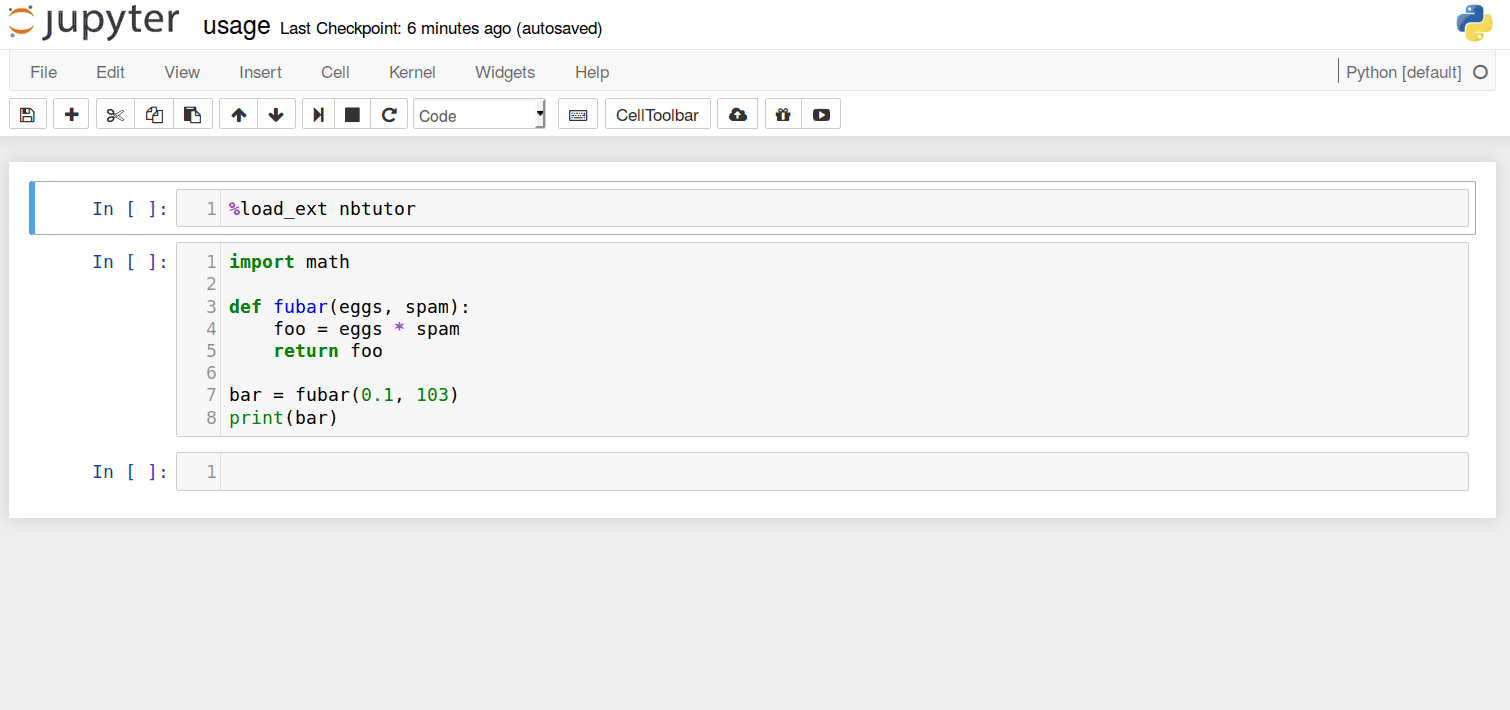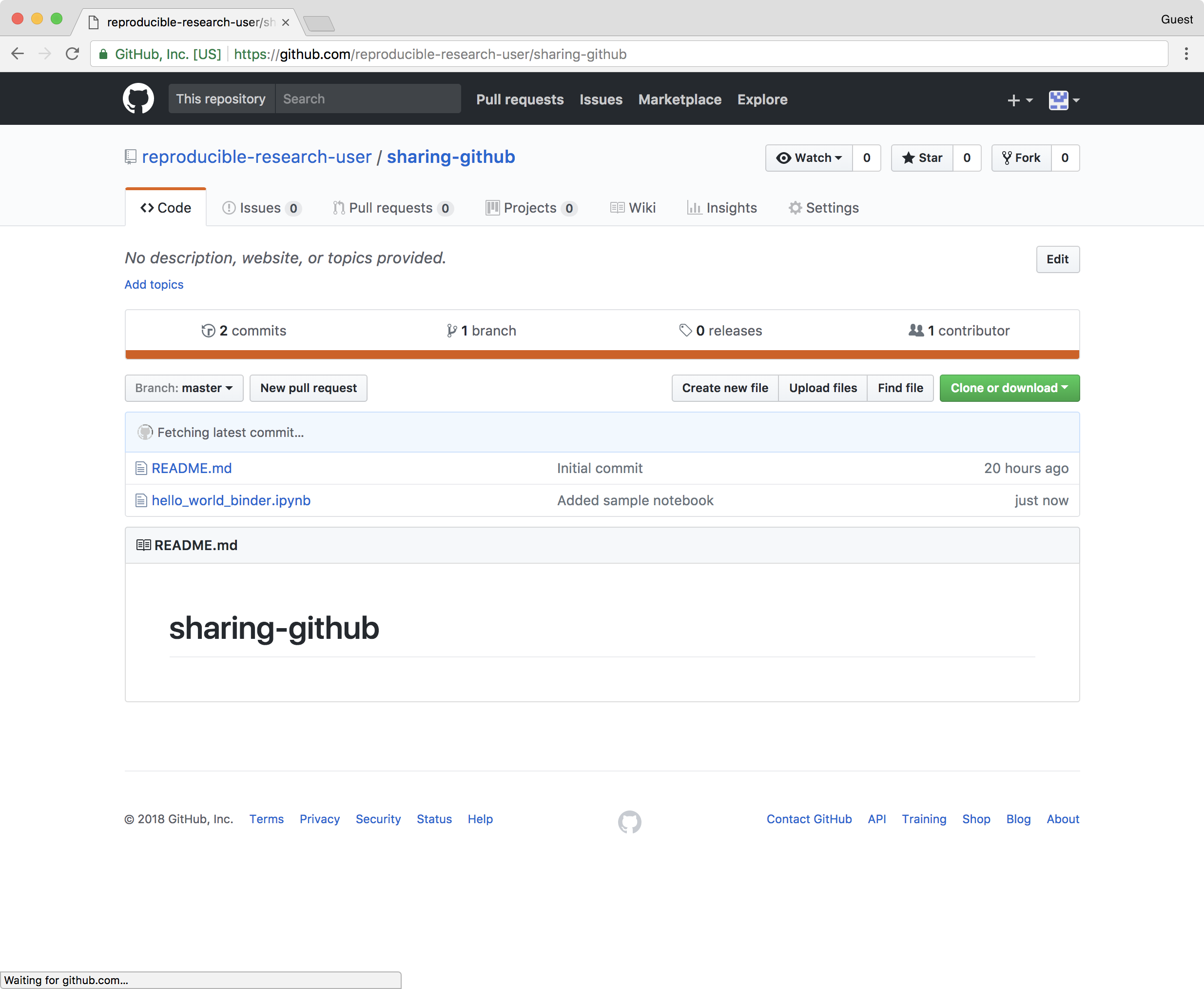
- Online jupyter notebook code#
- Online jupyter notebook Offline#
- Online jupyter notebook professional#
If you’re a lone ranger who doesn’t need to collaborate with teammates or business stakeholders, working locally in Jupyter is fine. Companies may overlook the need for teammates to collaborate in the same compute environment at the same time when multiple stakeholders are involved in analysis and its outcomes.

Online jupyter notebook professional#
There’s also the myth of the lone data professional to contend with. How do you securely store your secrets? And, just as importantly, how do you permit them to be used by your team without exposing them? To avoid slowdowns, team members often end up sharing their credentials and sending screenshots containing sensitive data. But locally hosted notebooks open up the door to poor security practices. They’re rightfully concerned about keeping data safe and secure. There may also be misconceptions about collaborative, cloud-based data notebooks.įor instance, some companies are wary of having their data live anywhere than on their own physical servers.
Online jupyter notebook Offline#
Jupyter notebooks are among the most popular interactive computing tools in the world, and that’s made offline notebooks the de facto standard until now (sure, configuring your own JupyterHub instance could help, but analysts want to analyze data, not manage all that infrastructure). So why haven’t all data teams switched to online Jupyter notebooks? Teamwork becomes a tedious back-and-forth that eats up valuable time. There’s no reliable way to collaborate on offline notebooks - either in real time or via comments. Ready to pass along the results of your work to a non-technical colleague? Time to start copying and pasting screenshots into a document (and repeating the process for every follow-up request).ĭata is a team sport, but locally hosted notebooks create silos.
Online jupyter notebook code#
Need to share your work for a code review? Static GitHub repository it is.

Want to code with a teammate simultaneously? Not possible. This creates a knock-on effect that slows down everyone.īut connectivity limitations aren’t the only problem.

Setup from scratch is required each time a new team member wants to execute your notebook (cue the inevitable errors and time spent investigating what’s causing them). It took longer than it should have, but the hard part is over, right? Say you’ve connected to the right data sources, configured your environment, and installed the necessary Python packages. This is where offline notebooks get downright sluggish. For insights to become actionable, they need to be reproduced by your teammates and shared with stakeholders. Locally hosted notebooks may be faster for running local datasets, but analysis doesn’t happen in a vacuum. And that means increasing team velocity, not just solo work. When it comes to exploratory programming, speeding up time to insight is the top priority. Let’s look at how an online Jupyter notebook is designed to meet the needs of today’s data teams (and dispel a few myths along the way). Data notebooks allow you to query, code, build data visualizations, and craft narratives with text all in one place, but what good is that work if it’s chained to your local machine?

When it comes to the bread and butter of modern data teams - collaborating on analysis and sharing the results - offline notebooks leave you holding the bag. Why would you want to take your Jupyter notebook online? Because a notebook interface that’s stuck on your laptop slows you down.


 0 kommentar(er)
0 kommentar(er)
